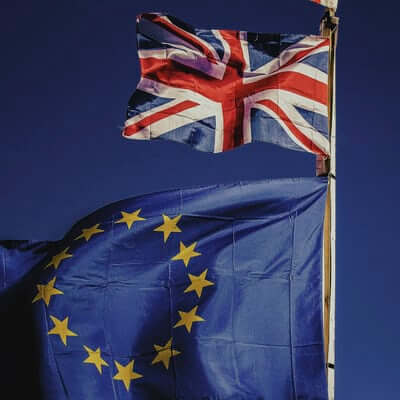By Lisa Zengarini
In his Pastoral Letter for Advent 2020, the Apostolic Administrator of Hong Kong, Cardinal John Tong Hon, has announced that in the coming year the Diocese will focus its pastoral activities on “parish renewal” so it can better address the demands of the contemporary era and also more effectively fulfil its mission and service of evangelisation. The move was decided in the light of the deep changes taking place society and Church life, also as a consequence of the on-going COVID-19 pandemic.
Parish no longer confined to a geographical space
“The global pandemic – cardinal Tong explains – has clearly revealed to us the signs of the era. The digital culture has inevitably changed the concept of space and also people’s language and behaviour, particularly amid the younger generation”. This has had an important impact also on the Church: “As a result of the COVID-19 pandemic, the parish is no longer confined to a geographic space, but has become an environment for establishing rapport, through mutual servicing and liturgical rites among the local community. Hence, instead of reminiscing about the past and awaiting the restoration of parish life to that of a bygone era, it may be more desirable to face the challenges posed by the pandemic, move forward dauntlessly, as well as search for and identify a possible new mode of existence for the parish, in the hope of it playing a pivotal role in the local community once again”, the letter stresses.
Three directions
According to Cardinal Tong, the Instruction, “The pastoral conversion of the Parish community in the service of the evangelising mission of the Church”, released last July by the Vatican’s Congregation for the Clergy, shows the path to follow in this renewal process. The Pastoral Letter focuses on three directions mentioned in the new Guidelines that are worthy of re-consideration. The first direction is that the parish should not be regarded as equivalent to a building or a series of organisations. “It is rather a community which is constituted of different communities, ‘an environment for hearing God’s word, for growth in the Christian life, for dialogue, proclamation, charitable outreach, worship and celebration’, Cardinal Tong stresses, citing Pope Francis’ words in the Apostolic Exhortation Evangeli Gaudium on the proclamation of the Gospel in today’s world.
Secondly, “the Parish must be a place which gathers people together and seeks to promote and foster long-term interpersonal relationships, thereby nurturing a sense of belonging and acceptance in the parish community”. Therefore it should be “a people-oriented venue, promoting dialogue, solidarity and openness to all”. If the parish “succeeds in firmly rooting itself in the heart of the community’s daily lives, it will become a place for overcoming loneliness, and will affect the lives of many”, cardinal Tong writes..
The prelate therefore calls on priests in the Diocese to discuss the Vatican document so that they can plan “the pastoral direction of the Diocese for the coming three years”. He also invites all Diocesan Bureaux and members of the parish councils to study this issue embracing “the spirit of co-responsibility” emphasized by the Instruction. Finally, Cardinal Tong calls on all the faithful, even though they may not be able to take part in the liturgy and pastoral activities of the parish, particularly amid the Covid-19 pandemic, to make every effort to get the parish deeply rooted in their daily life “through mutual care and concern for one another”.













